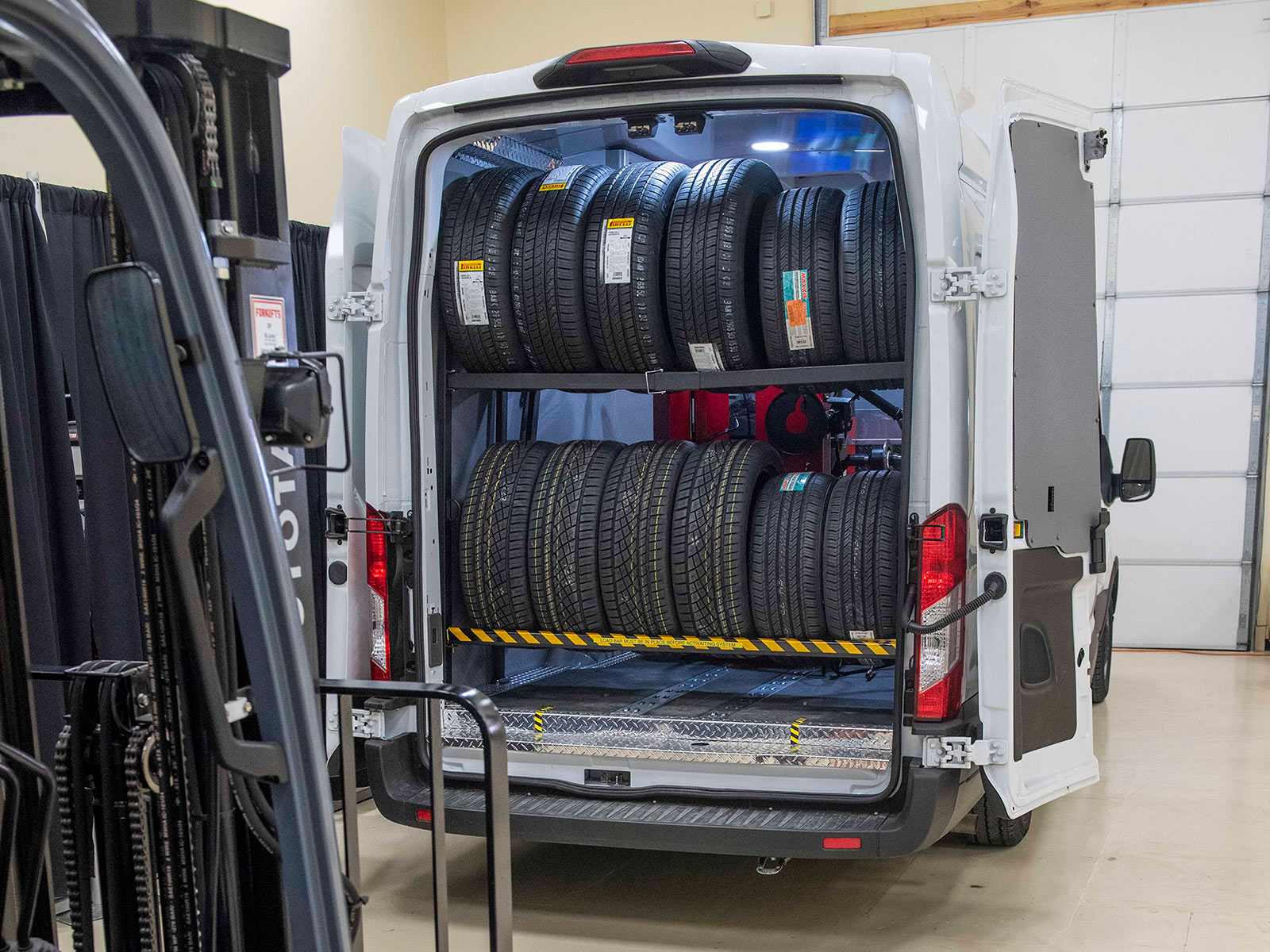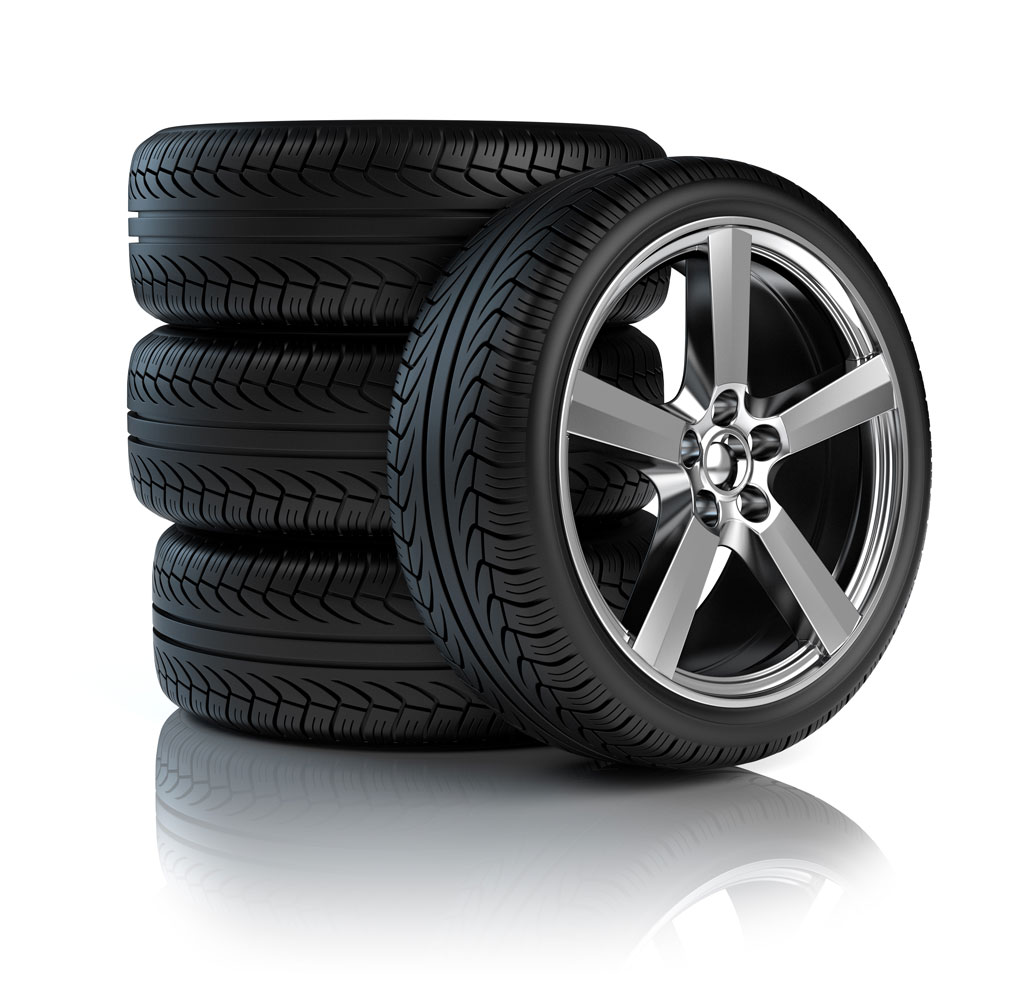Drive with Self-confidence: GMC Tires Service at Morris Tires
Drive with Self-confidence: GMC Tires Service at Morris Tires
Blog Article
Tire Service: The Effect of Weather
When it comes to ensuring optimal efficiency and safety and security on the roadway, understanding the impact of climate condition on tire solution is important. From scorching warmth to icy roadways, each weather component can dramatically influence tire performance and total driving experience. By diving right into the effects of varying weather conditions on tires, drivers can acquire beneficial understandings that might enhance their automobile's efficiency and long life. In this conversation, we will certainly check out the elaborate partnership between weather condition problems and tire service, losing light on the relevance of weather-specific tire maintenance practices and considerations.
Heat and Tire Performance
When exposed to heats, tires experience modifications in performance that can dramatically impact lorry safety and handling. The warmth produced from long term driving or heat conditions creates the tire rubber to soften, resulting in minimized tread life and raised wear. As the rubber ends up being softer, the tire's grip when driving lessens, influencing braking distances and total traction. In extreme cases, extreme warmth can even cause tire blowouts, positioning a serious security threat to the automobile and its occupants.

Cold Climate Impacts
Winter problems can have a substantial effect on tire efficiency and safety and security. As temperature levels decline, tire rubber can harden, causing decreased grip on icy or snow-covered roadways. In winter, tires might additionally lose atmospheric pressure much more rapidly, which can influence managing and fuel performance. In addition, chilly temperature levels can create tire sidewalls to stiffen, enhancing the risk of damage from gaps or various other roadway risks.
To alleviate the effects of cold weather condition on tires, it is crucial to regularly check tire pressure and inflate them to the producer's advised levels. Utilizing winter months or all-season tires developed for cool weather problems can likewise improve traction and hold on icy or snowy roadways. Proper tire upkeep, including regular evaluations for wear and damages, comes to be much more important during chillier months to make sure optimum efficiency and safety.
Rainy Issues Effect
Tires with damaged treads are much more vulnerable to hydroplaning, where a layer of water develops up in between the road and the tire surface, leading to loss of grip. To fight this, chauffeurs must on a regular basis check their tires for appropriate step deepness and consider investing in tires particularly made for wet conditions.
Moreover, rainy weather condition can also lower presence, making it testing for motorists to see the roadway ahead clearly (GMC Tire Service). In such conditions, it is necessary to change driving speeds accordingly and maintain a secure following range to enable unexpected quits. Effectively filled with air tires can likewise help in preserving control on wet roadways by supplying better handling and grasp
Snow and Tire Security
When driving in snowy conditions, having the best tires can make a substantial distinction in safety his comment is here and security and performance. Winter months tires are created with unique rubber substances and tread patterns to provide far go to my site better traction on snow and ice contrasted to all-season tires.

It is essential to comply with producer guidelines when using and installing tire chains to stop damages to the tires and vehicle. By choosing the appropriate tires, maintaining appropriate rising cost of living, and thinking about added traction aids like tire chains, vehicle drivers can improve their safety and security when navigating snow-covered roads.
Weather-Related Tire Upkeep
Weather-related tire upkeep incorporates an array of techniques aimed at making certain ideal tire feature and durability in different weather situations. One essential element of weather-related tire maintenance is tire stress policy. Evaluating tire walk regularly and changing tires when tread wear gets to a certain deepness is important for keeping traction and stability in unfavorable weather.
Final Thought
In conclusion, weather conditions have a substantial influence on tire performance and security. From warm influencing tire stress and use to cold climate reducing traction, it is important to consider the weather when keeping and using tires.
In this conversation, we will check out the intricate partnership between weather problems and tire service, shedding light on the relevance of weather-specific tire maintenance practices and factors to consider.

Report this page